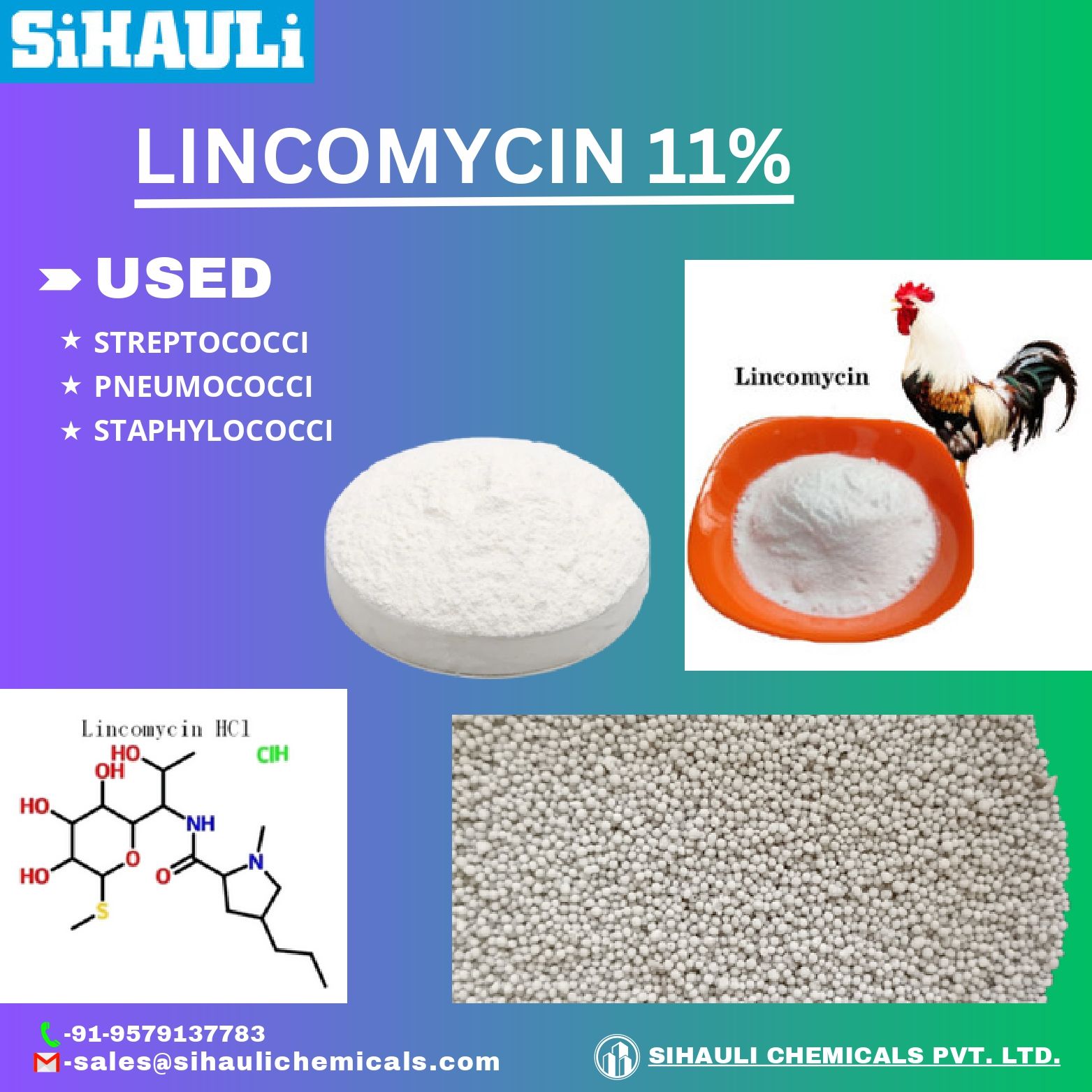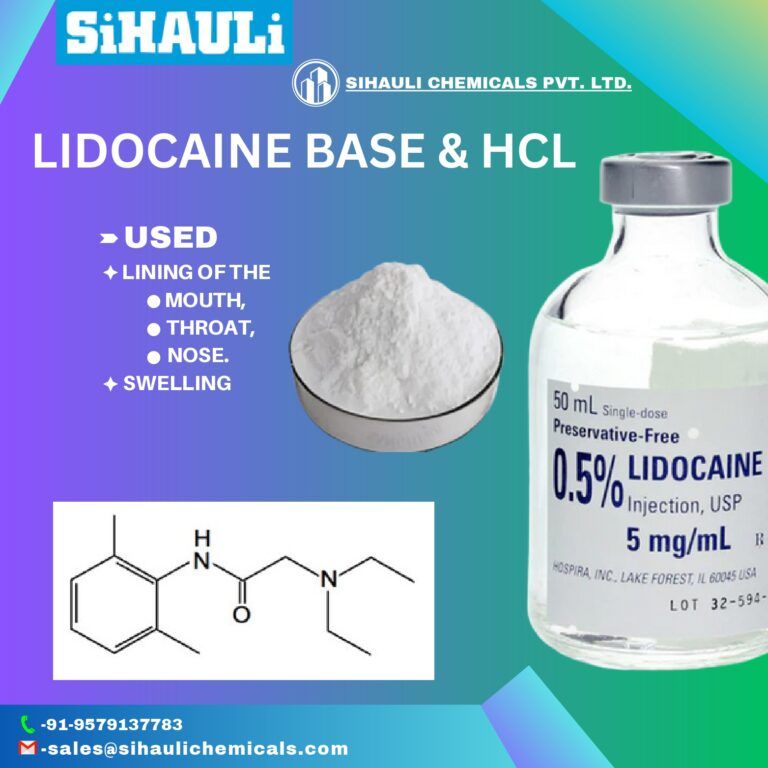Lincomycin is indicated for the treatment of serious bacterial infections by susceptible strains of streptococci, pneumococci, and staphylococci in patients who are allergic to penicillins or for situations in which a penicillin is deemed inappropriate.
Uses of Lincomycin
What is it prescribed for?
- Bacterial infectionsLincomycin is a commonly given antibiotic for the treatment of severe bacterial infections that have not responded to treatment with other antibiotic classes, particularly penicillin-resistant infections. Lung infections, skin and soft tissue infections, stomach/intestinal infections, throat infections, and bone and joint infections can all be treated with it
Description
Lincomycin is an antibiotic medicine used in treating bacterial infections. It is available in different dosage forms such as a capsule, syrup/suspension, injection and gel. The oral and injectable forms of this medicine are used to treat bacterial infections of the lungs, skin, bones, joints, stomach, and intestine. The topical form is used to treat acne. Lincomycin stops the growth of bacteria that causes infection. Lincomycin is an antibacterial medicine, hence it is not effective against infections caused by viruses. Lincomycin may cause certain side effects like diarrhoea, stomach pain, headache, skin rash, itching/irritation, weakness, nausea, and vomiting. Contact your doctor if these side effects become severe or persist for a longer duration. Avoid using Lincomycin if you are allergic to it. The capsule forms of Lincomycin are not recommended for use in children below 12 years of age. Lincomycin is one of the effective antibiotics given to infants, children and adults. Lincomycin should be taken on an empty stomach in a dose prescribed by your doctor. Lincomycin injectables will be given by your doctor in the hospital setting. For topical forms, apply the required amount of this medicine to the affected area as advised by your doctor. Make sure to complete the treatment course because stopping the antibiotic treatment abruptly may develop resistance. This may relapse your infection. Lincomycin should be used with caution if you have gastrointestinal problems, particularly colitis (swelling of the inner lining of the colon) as it may cause severe diarrhoea making your condition worse. This medicine may not be suitable for all people. Inform your doctor if you have kidney or liver problems before taking this medicine. Also, inform your doctor if you are pregnant or breastfeeding before initiating the treatment.




